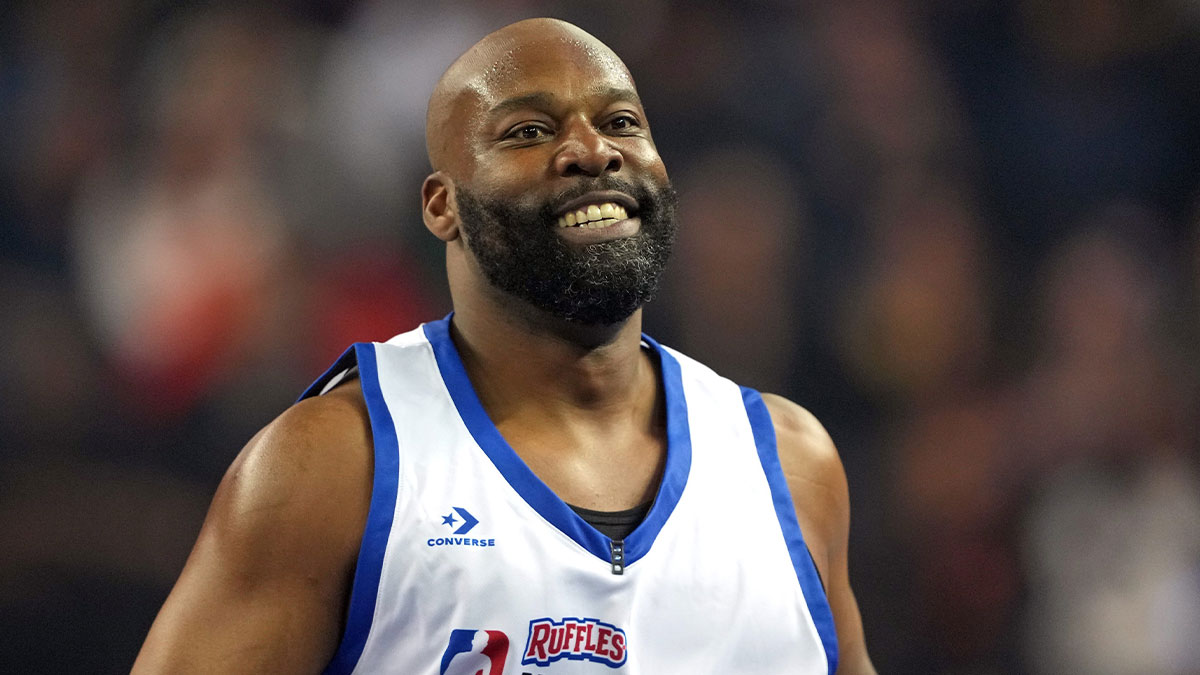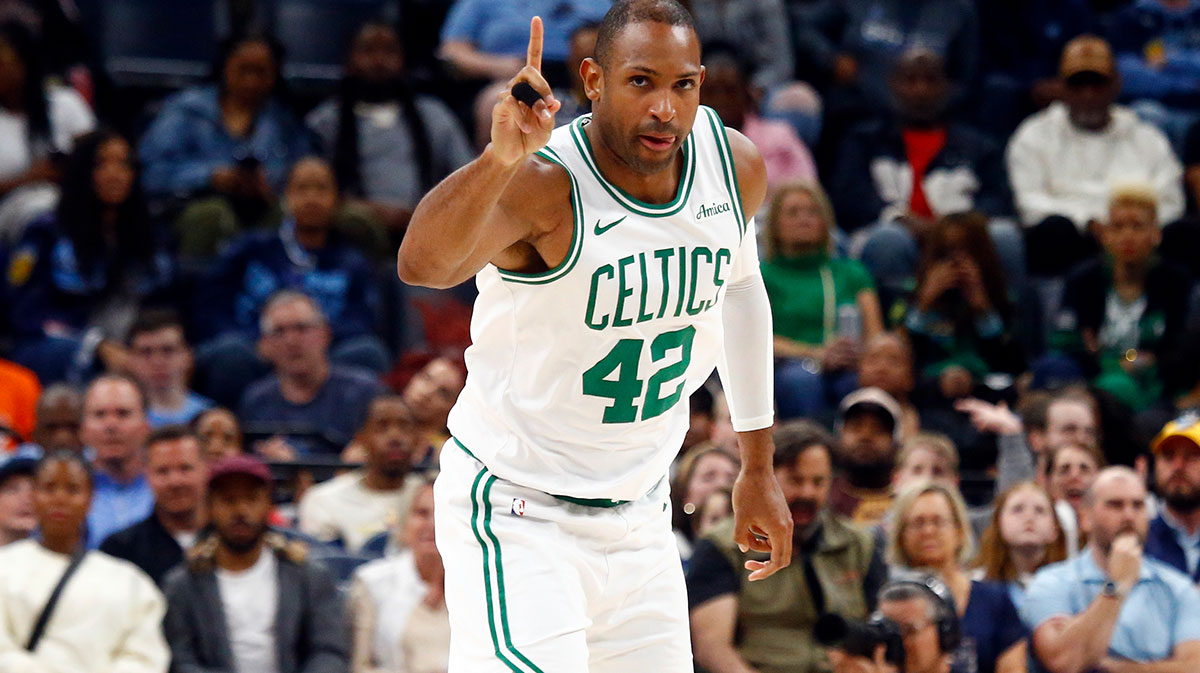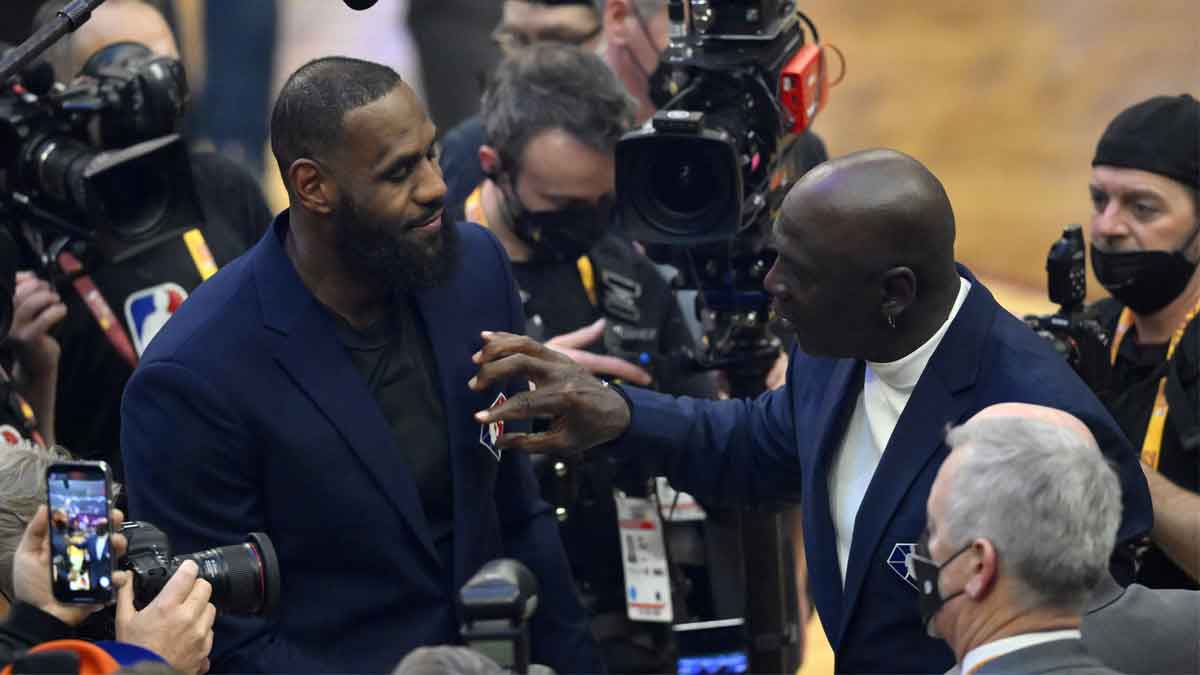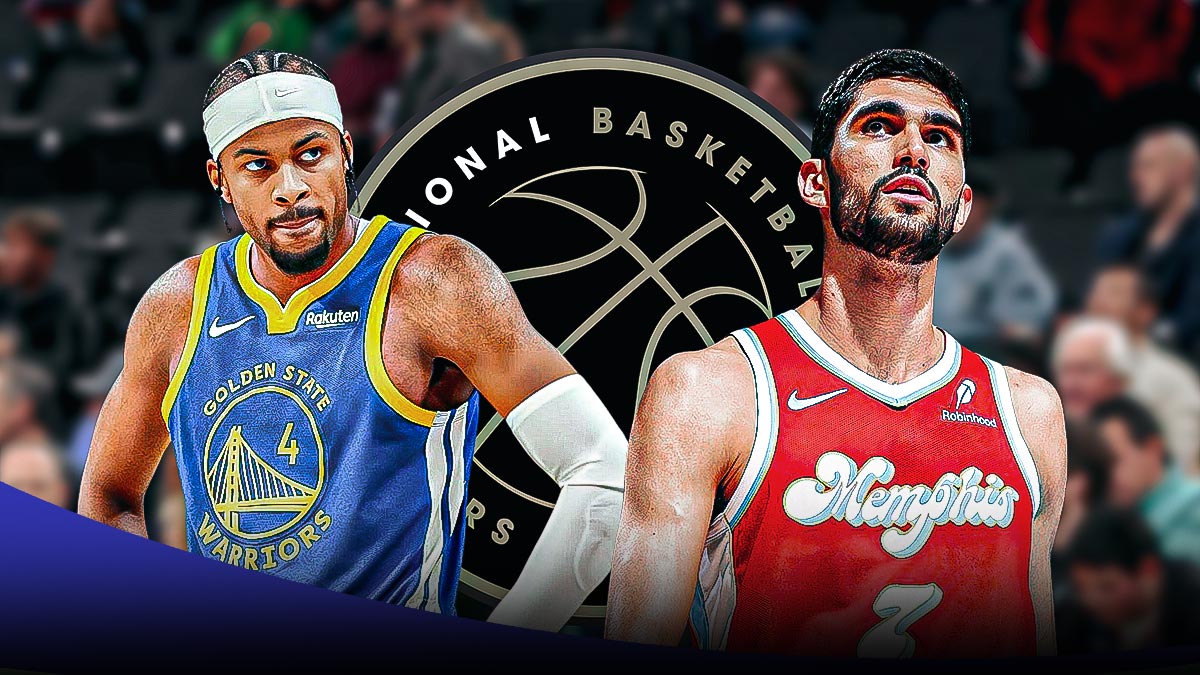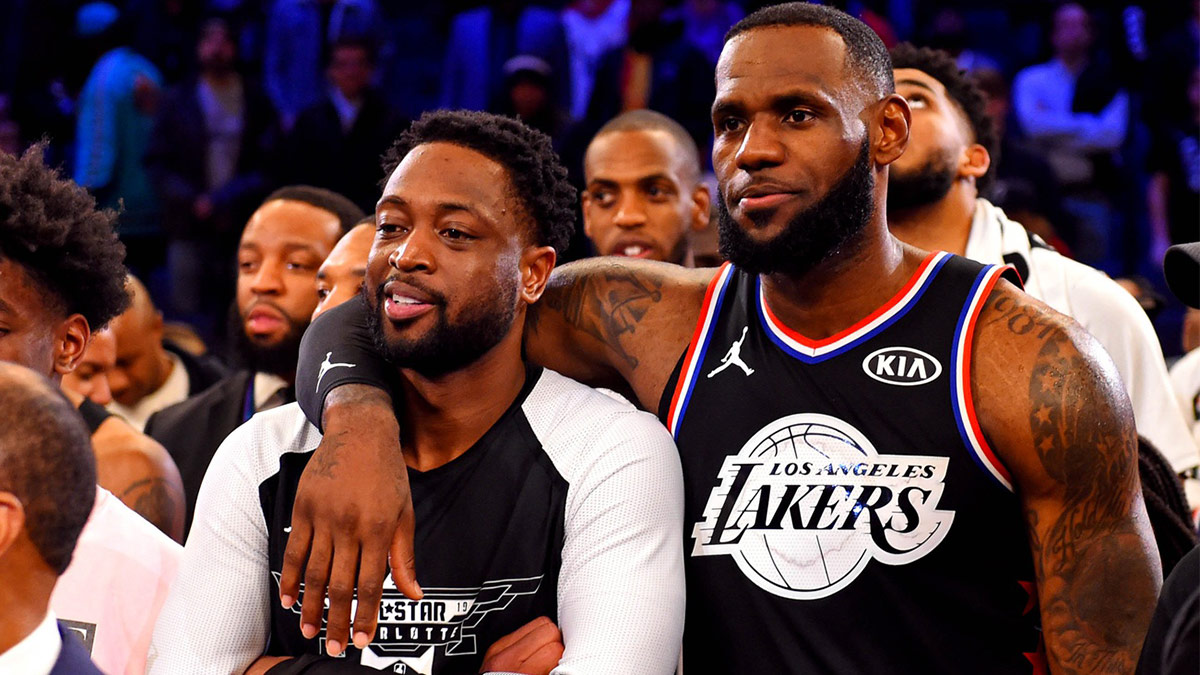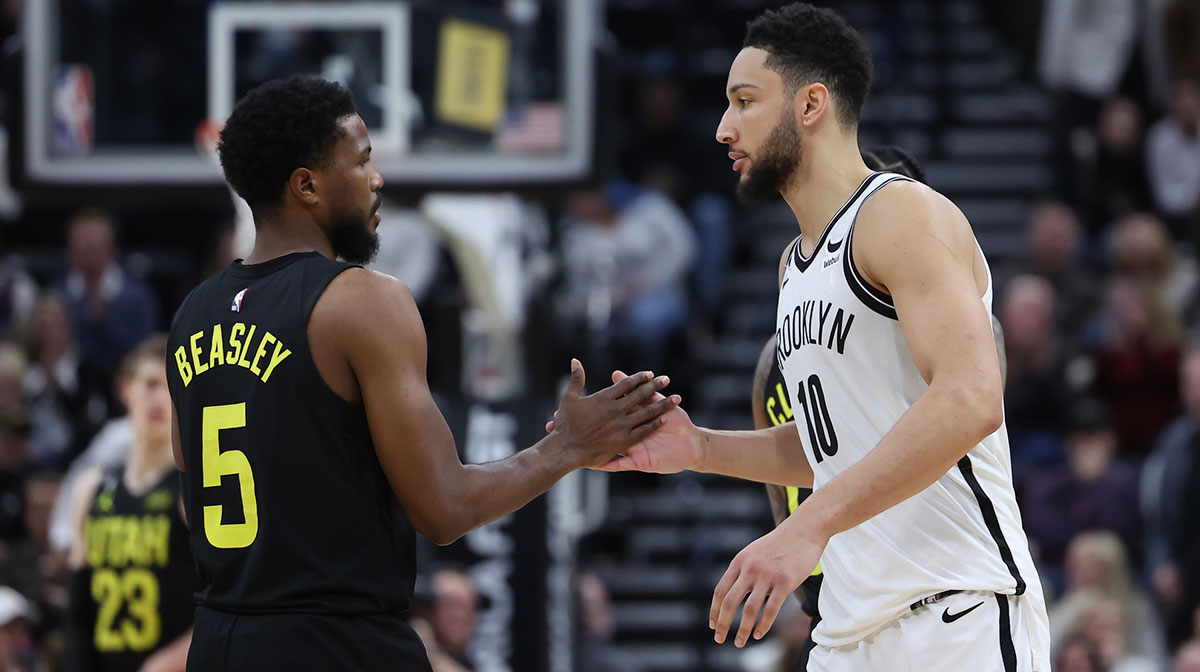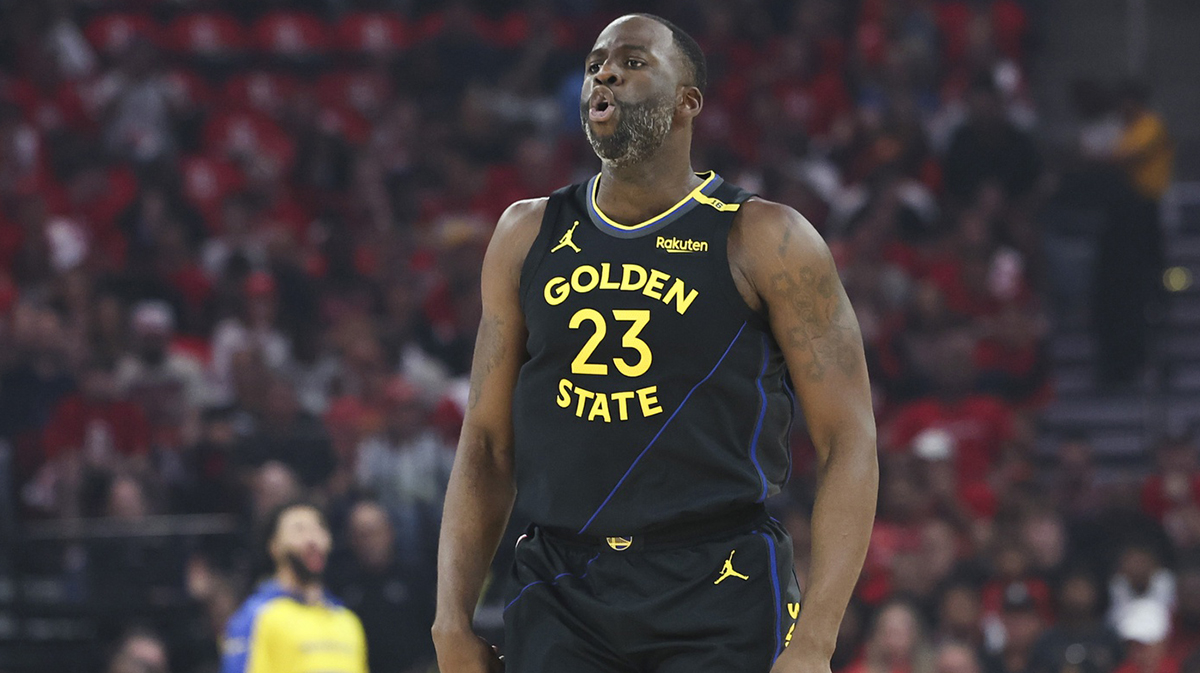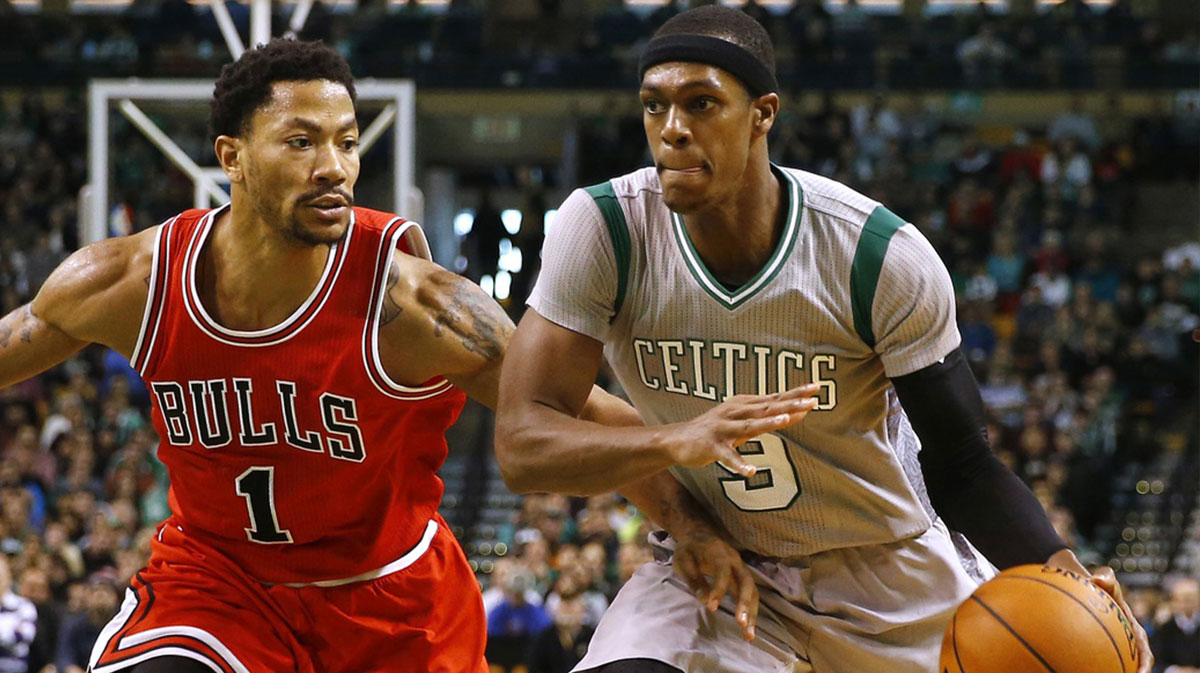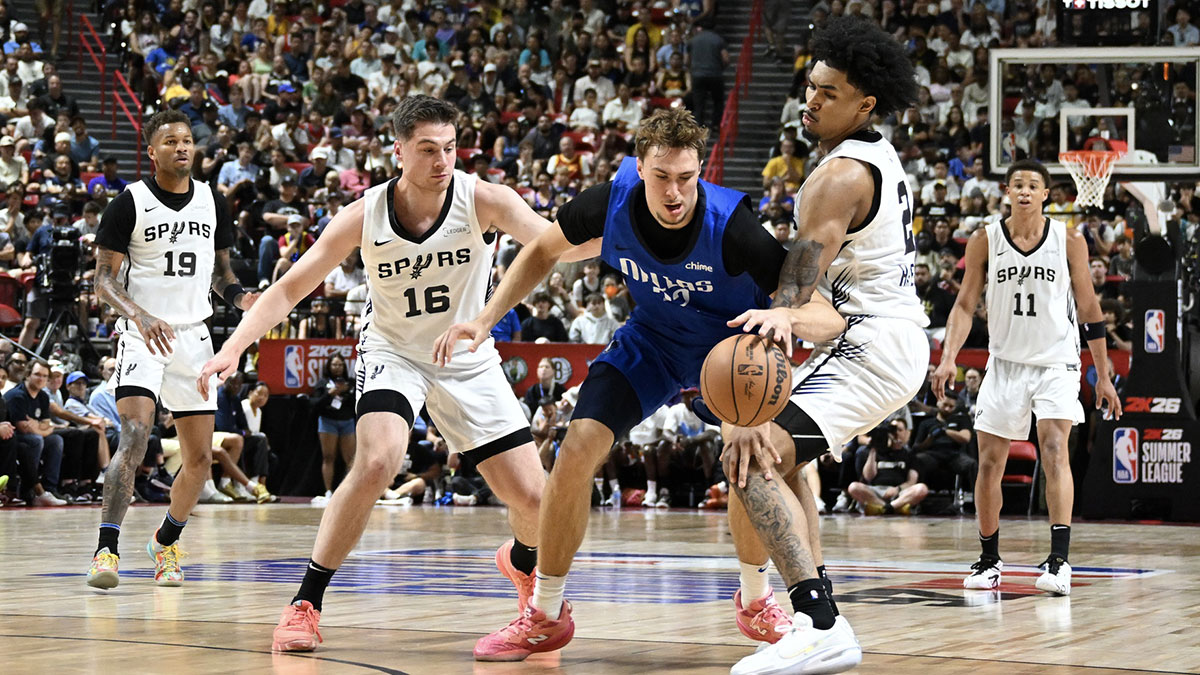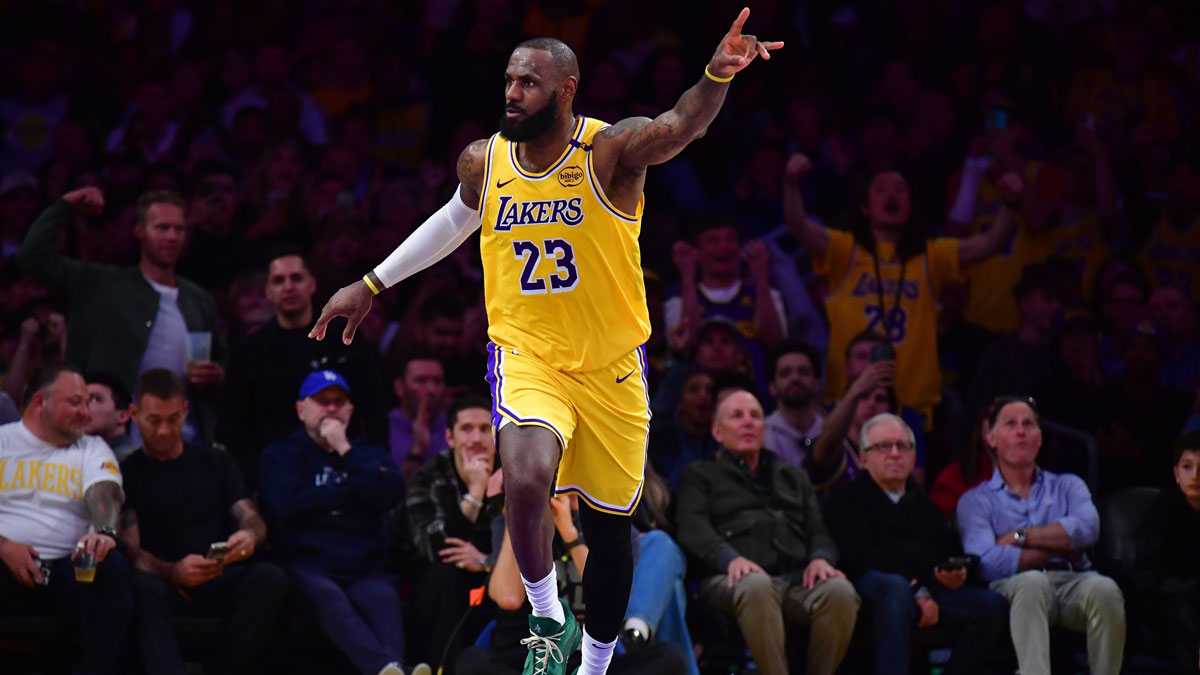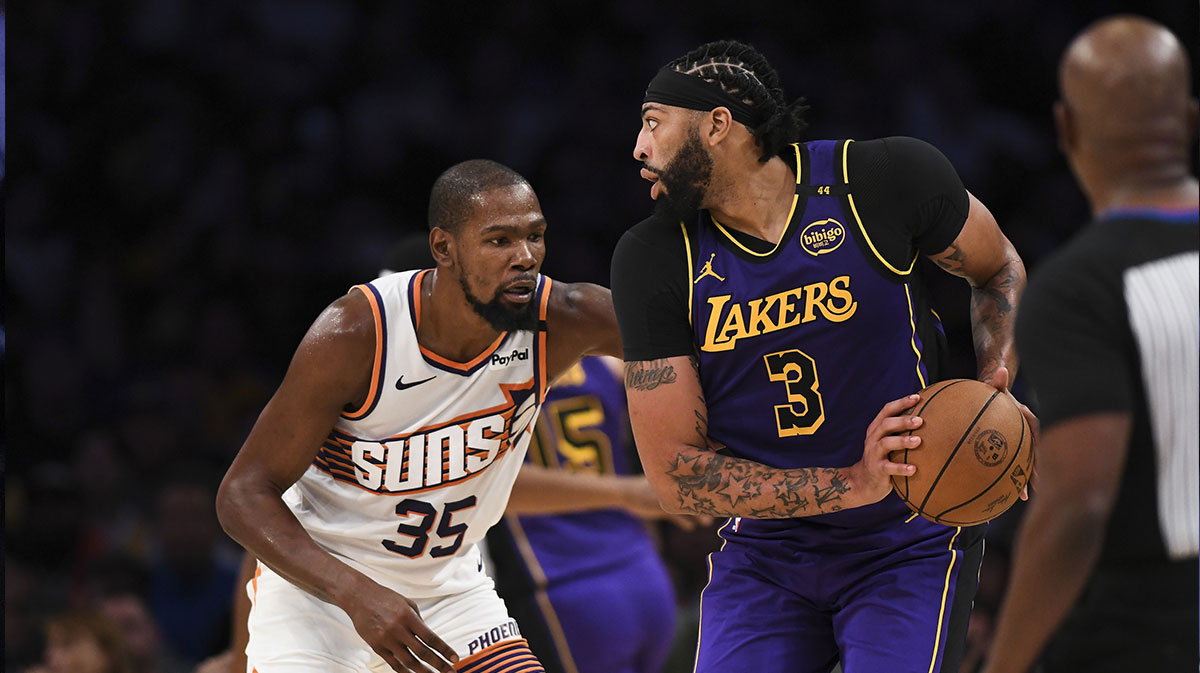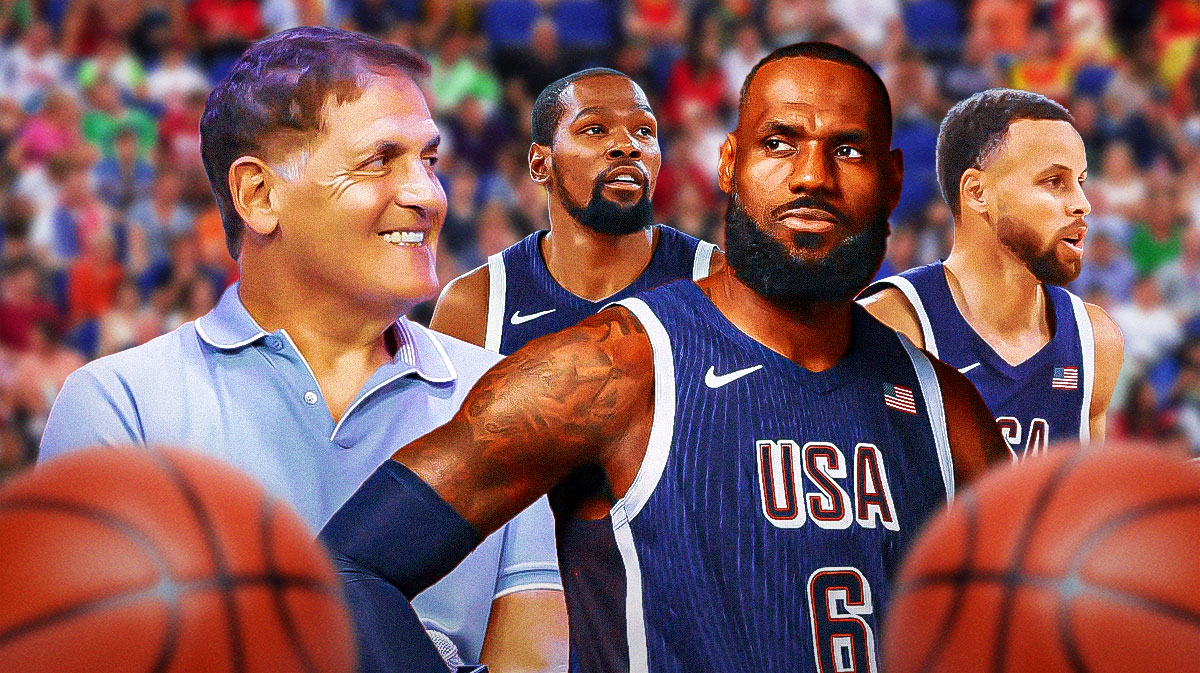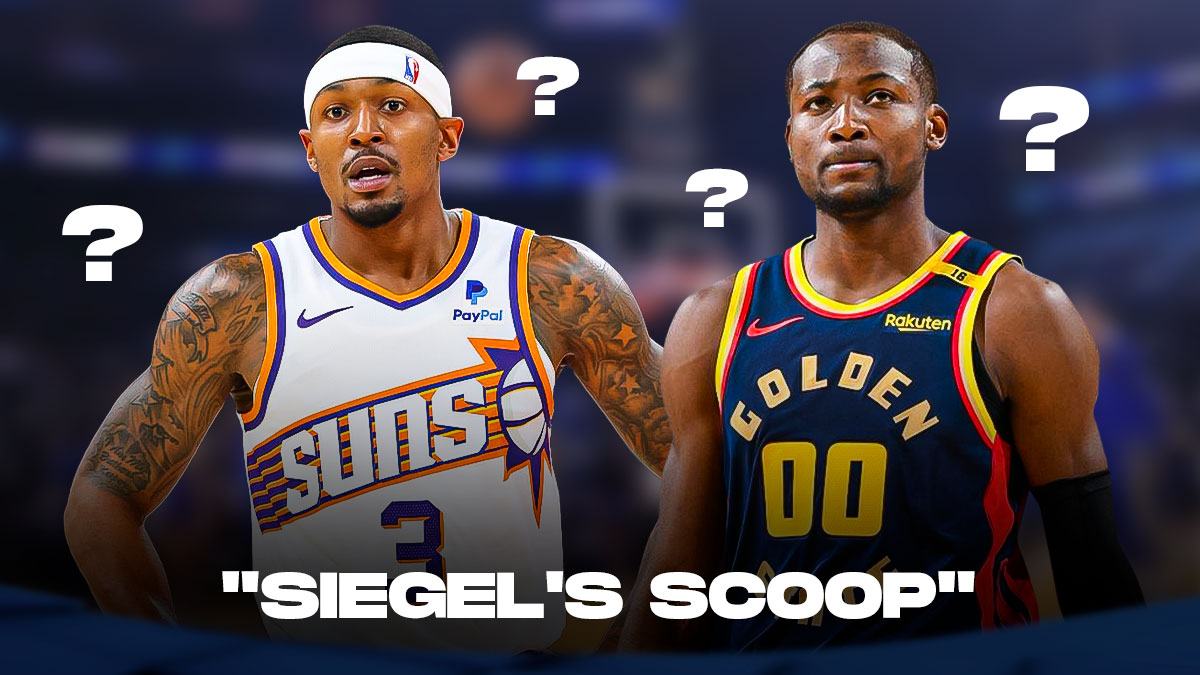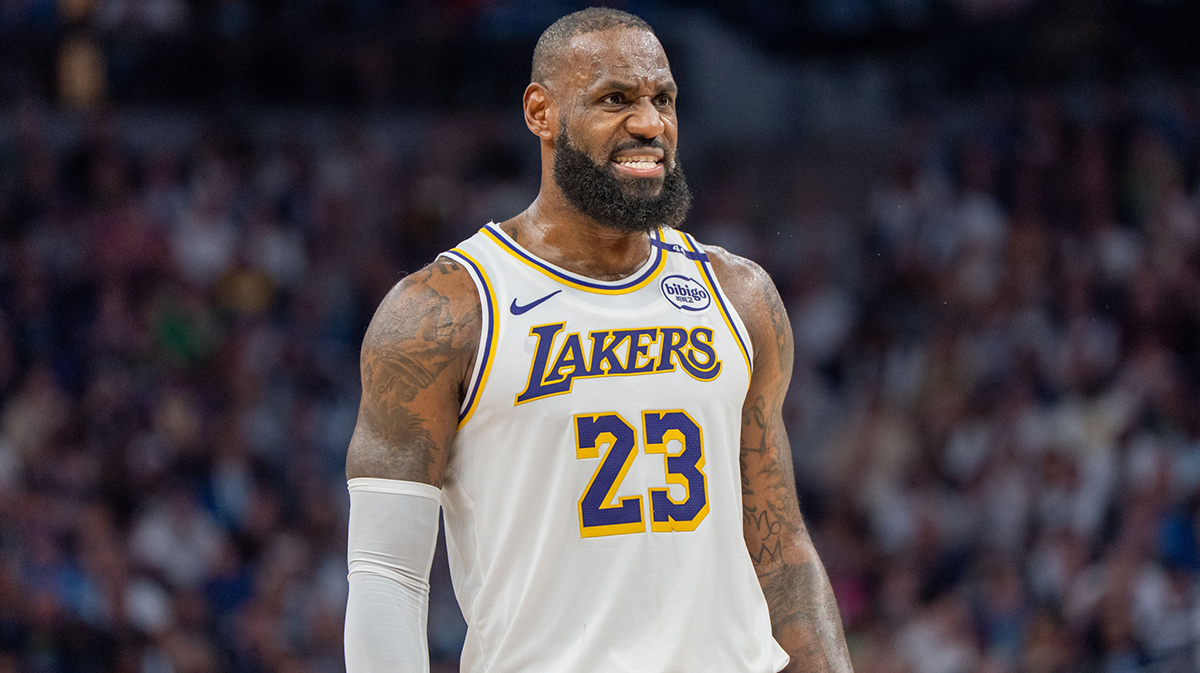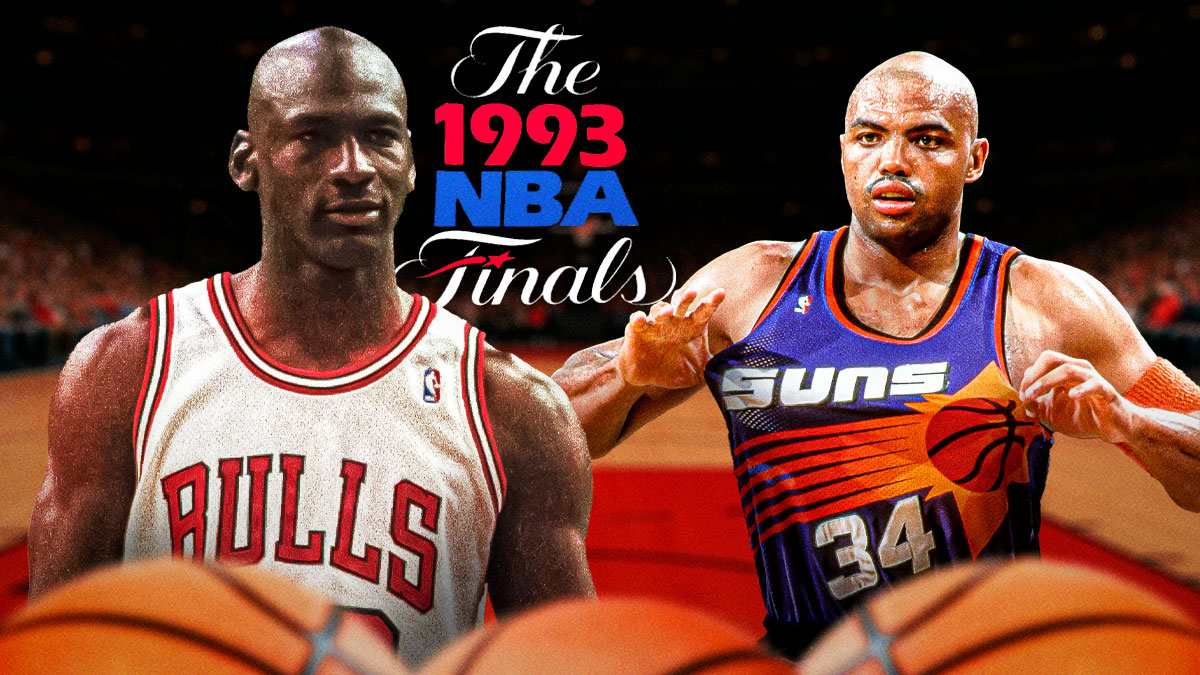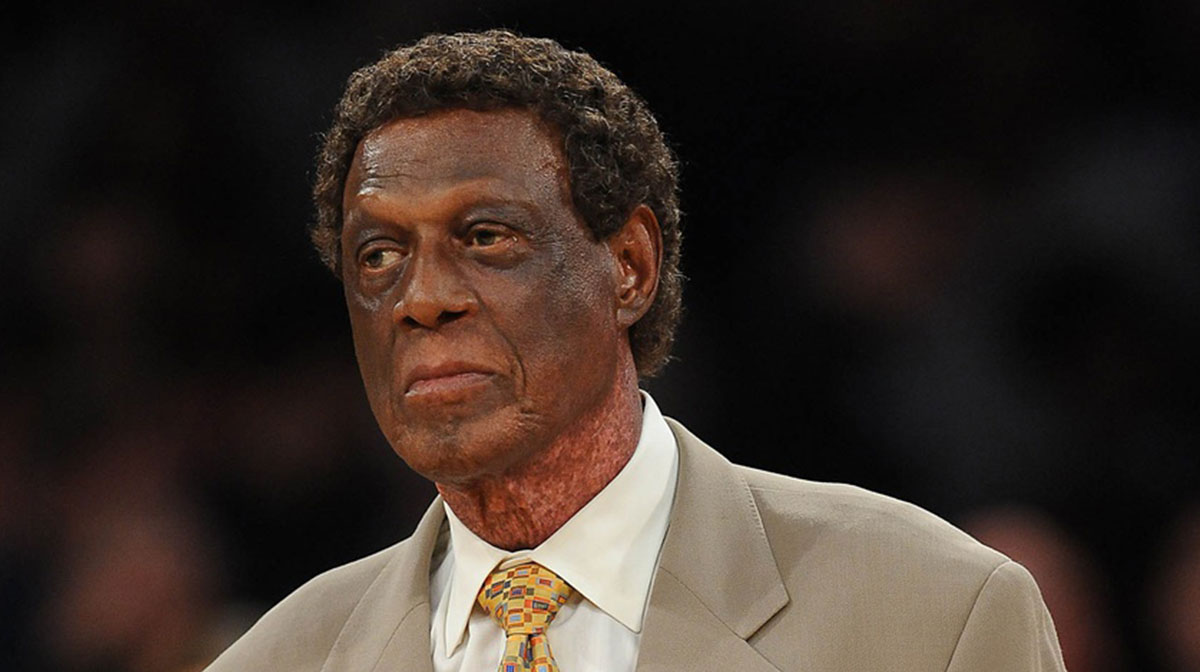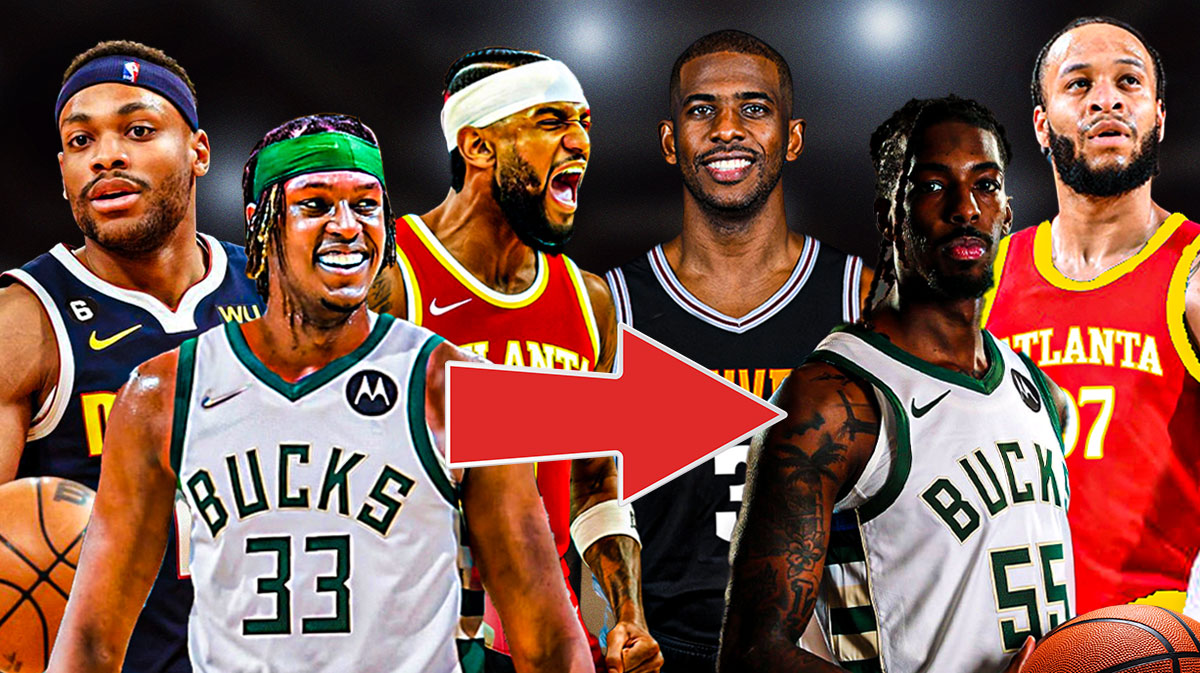Man, Isaiah Thomas had the worst luck, but only after he ended up on the wrong side of a few business decisions that put the team over any form of loyalty.
Let’s face it: The NBA is a business. Teams treat their players like assets. Players have the freedom to switch teams in free agency, and fans are left to argue about loyalty.
This brings us to the curious case of Isaiah Thomas. In 2o17, he was detonating every night for the Celtics to the tune of 29 points per game. He was all but guaranteed a max contract, and there were even whispers of MVP honors for him – he was that good.
Turns out, he was playing with an injured hip during the Celtics' deep playoff run. He became a hero to Boston fans for his physical and emotional toughness, as he played through a missing tooth and later left it all on the floor the day after the death of his sister.
Sadly, his playoff run fizzled out on the bench, as his hip pain became unbearable. The shorthanded Celtics went on to lose to the Cavaliers in the conference finals.
Faced with the prospect of signing a deteriorating 5-foot-9 guard to a max contract, the Celtics instead pulled the trigger on a blockbuster deal that netted them Kyrie Irving. While it was the right business move for the franchise, it shocked and cost Isaiah dearly, as he never fit in with Cleveland and was shipped to the Lakers before the trade deadline – his fifth team in seven years.
In less than two years, Isaiah Thomas went from this…
And ultimately landed with a one-year, two-million dollar deal to come off the bench for the Denver Nuggets.
But, Isaiah Thomas is not alone in getting screwed by a team and unfortunate circumstances.
Back in 1960, a skinny 6-foot-5 teenager by the name of Oscar Robertson moved from the projects of Indianapolis to play basketball for the University of Cincinnati. And just like that, Robertson limited his potential NBA teams down to only one.
From 1949 to 1966, the NBA's draft process was vastly different than the lottery style we have today. There was a strange draft rule in place called a “territorial pick.” This special pick was created in an attempt to boost fan support by allowing franchises to forfeit their first-round pick and subsequently select any player in a fifty-mile radius from the home arena.
When Robertson became eligible for the NBA draft in 1966, the territorial pick had been around for 10 years and yielded seven future Hall-of-Famers, including the legendary Wilt Chamberlain.
After winning the scoring title and Player of the Year honors in three straight All-American seasons as a Bearcat, Robertson was a lock to become a territorial pick by the Cincinnati Royals.

The Royals gave Robertson a thirty-three thousand-dollar signing bonus, and he immediately started dominating on the court, averaging thirty-one points and a triple-double. He famously maintained his triple-double average for the entirety of his NBA career, a feat no player in the game's history has ever matched.
In 1964, Robertson's fight for player empowerment began. He was a key member of a group of players who threatened to boycott the NBA all-star game if they didn't receive medical treatment, benefits, and pay for preseason games. The players held strong and refused to take the court, and the NBA eventually caved. The next year, Robertson became the first ever black president of any professional players union.
Five years later in 1970, Robertson had the most important year of his NBA career, on and off the court. He teamed up with Kareem Abdul-Jabbar after being traded to the Milwaukee Bucks. There, he went on to win his only NBA title in nineteen-seventy-one, but more importantly he filed an antitrust lawsuit against the league to end the option clause that bound players to a single NBA team in perpetuity.
The lawsuit blocked the NBA's merger with the ABA until nineteen-seventy-six when a settlement was agreed upon and the road to free agency was paved. This became known as the Oscar Robertson rule, giving players the power to dictate the direction of their careers.
When Robertson was asked by Rachel Nichols what he thinks of the fan backlash against today's player mobility, specifically in the cases of Kevin Durant and LeBron James, Robertson had the following to say:
Unfortunately, after Robertson won and the lawsuit was settled, he was seemingly blackballed by ownership across the NBA. He was never hired as a head coach or a front office member by any franchise.
Apparently, loyalty only goes as far as the pen and paper that sign the contract.

